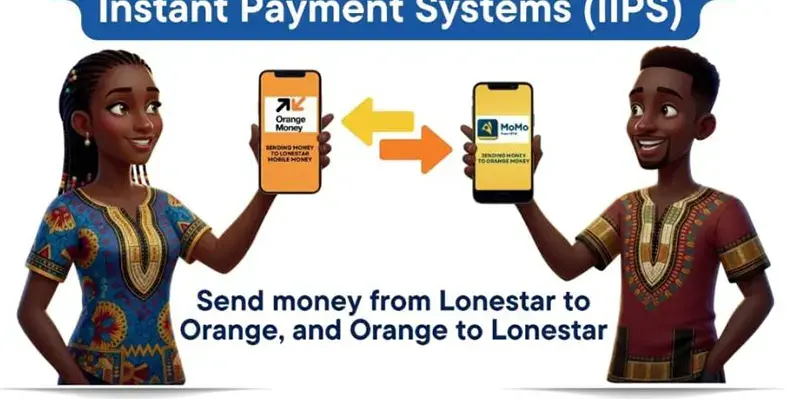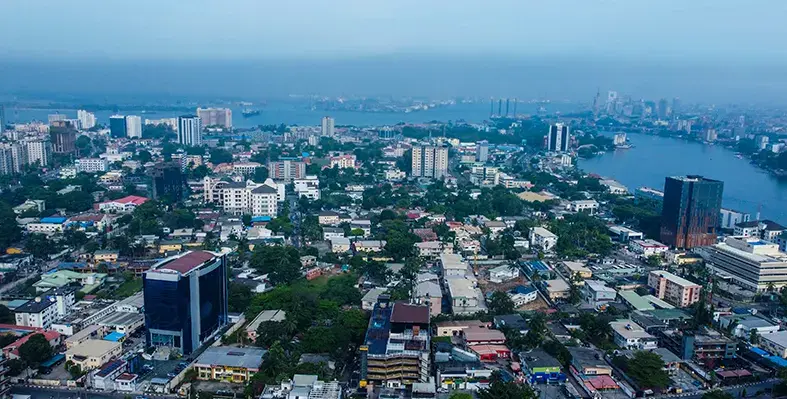Page 2 of 2Six per cent access
According to the study, only six per cent of all Nigerians currently have access to broadband services, and 74 per cent of those do so through Mobile Broadband. There is little fixed broadband connectivity outside of Lagos, and even in Nigerian cities, most cyber cafés now connect to the internet using wireless services. It is widely acknowledged that mass-market broadband availability will only be possible using mobile technologies, and this report highlights the steps the Nigerian government must take to promote Mobile Broadband growth.
Bateson said: “It is essential that the new Nigerian government acts quickly to support Mobile Broadband expansion, as failure to do so could hinder the country’s social and economic growth. Not only could the country realise as much as NGN862 billion of incremental GDP, but people of all ages and livelihoods would benefit from the vast amount of information and opportunities Mobile Broadband can unlock.”
Increasing GDP
The study found that Mobile Broadband could potentially contribute more than 1 per cent of GDP, or 1.7 per cent of non-oil GDP, as soon as 2015 and will facilitate much needed diversification of the economy. According to the report, government support for Mobile Broadband services could help deliver significant advantages to the wider wireless ecosystem and the way in which other sectors use the internet:
- 55 per cent annual growth would be seen from the online retail industry, growing from NGN4.5bn in 2010 to 44.9bn in 2015;
- The financial services industry’s benefit from broadband would grow by 95 per cent CAGR, as a result of mobile access to bank accounts and money transfer services, from NGN0.6bn in 2010 to 16.8bn in 2015;
- The use of the internet and mobile to deliver of social services, including healthcare and education, would generate growth of 70 per cent CAGR, from NGN2.2bn to 30.3bn in 2015; and
- The overall corporate market, especially agriculture and utilities, would experience a 55 per cent annual growth rate through the provision of services online, from NGN3.6bn in 2010 to 32.1bn in 2015.
Productivity
Wider availability of Mobile Broadband could also vastly improve overall industrial productivity through improvements in business processes. A 73 per cent annual increase in the working population with access to Mobile Broadband, reaching 5.2mn users by 2015, will deliver an additional NGN140bn to the Nigerian economy each year.
Bateson concluded: “Mobile is the most cost-effective way of delivering broadband services in Nigeria. Nigeria already has advanced mobile networks, such as Glo’s recently launched LTE network, and has experienced significant take-up of HSPA Mobile Broadband. The laying of submarine data cables between Lagos and Europe has provided much of the international backhaul needed, but mobile is vital in providing ‘last mile’ connectivity to consumers, especially in rural areas. However, without proper spectrum allocation in line with internationally harmonised band plans and broader government support, it will not be possible to realise the full potential of Mobile Broadband.”






















